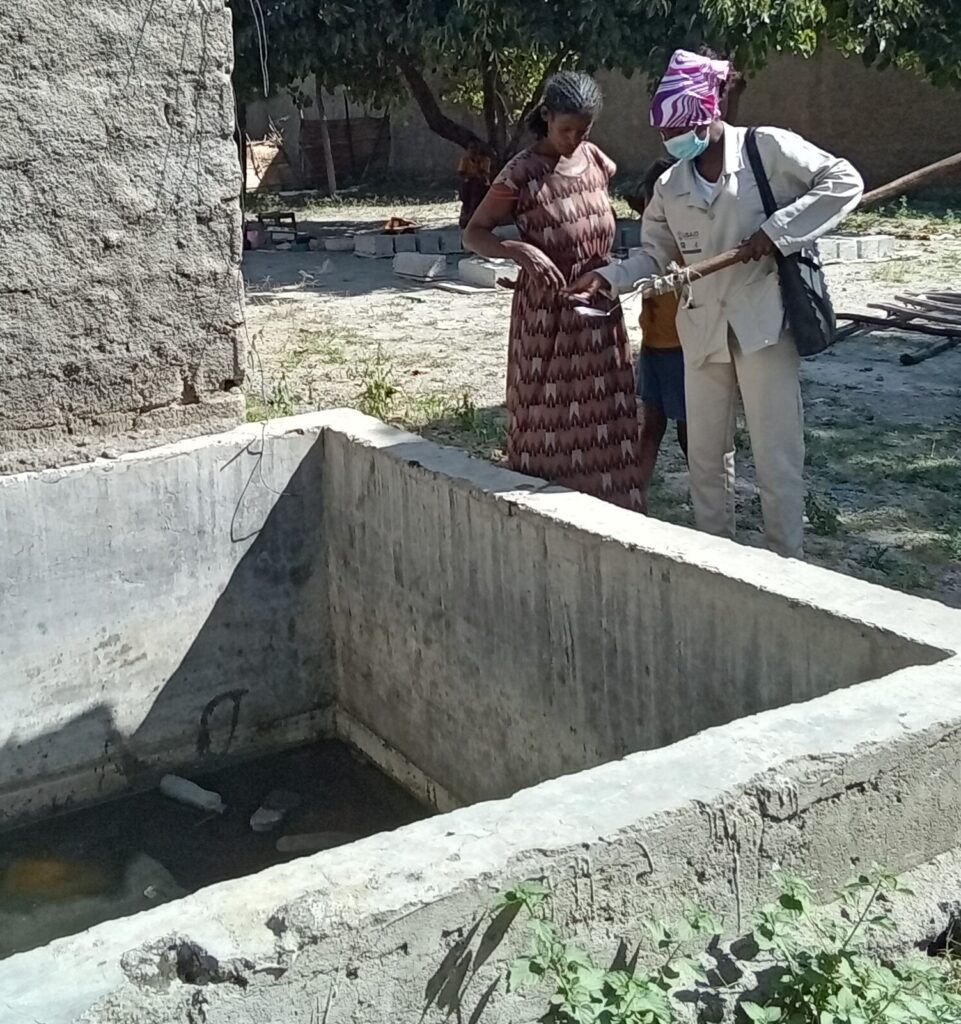Entomological Monitoring
Responding to Anopheles stephensi in Africa
Much that malaria and mosquito experts know about An. stephensi outside of its native range has come from work in Ethiopia funded by PMI in collaboration with the Ministry of Health, regional health bureaus, the Armauer Hansen Research Institute, and others.
This invasive species of mosquito could put an additional 126 million Africans — including those living in cities — at risk for malaria. While rural communities have suffered from malaria more frequently because of native mosquitoes, An. stephensi could allow the disease to also surge in Africa’s populous cities where mosquito tools like bed nets are not widely used. By breeding in containers, An. stephensi are able to survive year round, regardless of rainfall, leading to previously unheard of outbreaks of malaria in the dry season.
To support countries in making decisions about how best to address this biological threat, PMI’s An. stephensi Task Force developed an Action Plan. The living document contains reference material, protocols, and proposed activities in alignment with the WHO.

VIDEO: Addressing the threat of Anopheles stephensi
See how PMI is working with countries to develop effective ways to detect, monitor, and control the spread of this invasive malaria mosquito in Africa.
Beyond Borders: Scientists Studying Mosquitoes Collaborate to End Malaria in the Greater Mekong Subregion
A highly skilled team of entomologists (scientists who study mosquitoes) from Thailand and Lao PDR attended a workshop to share information, skills, and techniques to support the region’s goal to eliminate malaria.
Researchers on the Frontlines Tracking the Spread of a New Mosquito in Nigeria
Nigerian researcher Dr. Auwal Al-Hassan studies mosquitoes to learn about their behavior and how to stop them from spreading malaria. His current research focuses on the invasive Anopheles stephensi mosquito, and what he and fellow researchers discover could have profound implications for the future of malaria in their country.
PMI Resources Related to Entomological Monitoring
Page 1 of 6
An Invasive Mosquito Threatens the Progress to End Malaria in Africa
PMI is helping to lead the response in Ethiopia against Anopheles stephensi
Tags: 2022, Anopheles stephensi, Entomological Monitoring, Ethiopia
October 26, 2022
Beyond Borders: Scientists Studying Mosquitoes Collaborate to End Malaria in the Greater Mekong Subregion
A highly skilled team of entomologists (scientists who study mosquitoes) from Thailand and Lao PDR attended a workshop to share information, skills, and techniques to support the region’s goal to eliminate malaria.
Tags: 2023, Entomological Monitoring, Thailand/Lao PDR Regional
August 16, 2023
Bridging Logistical Gaps in Entomological Surveillance in Nigeria
“The new vehicular arrangement between AIRS Nigeria and the State […]
Tags: Entomological Monitoring, Nigeria
August 8, 2017
Page 1 of 6

